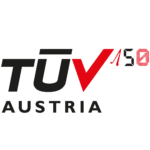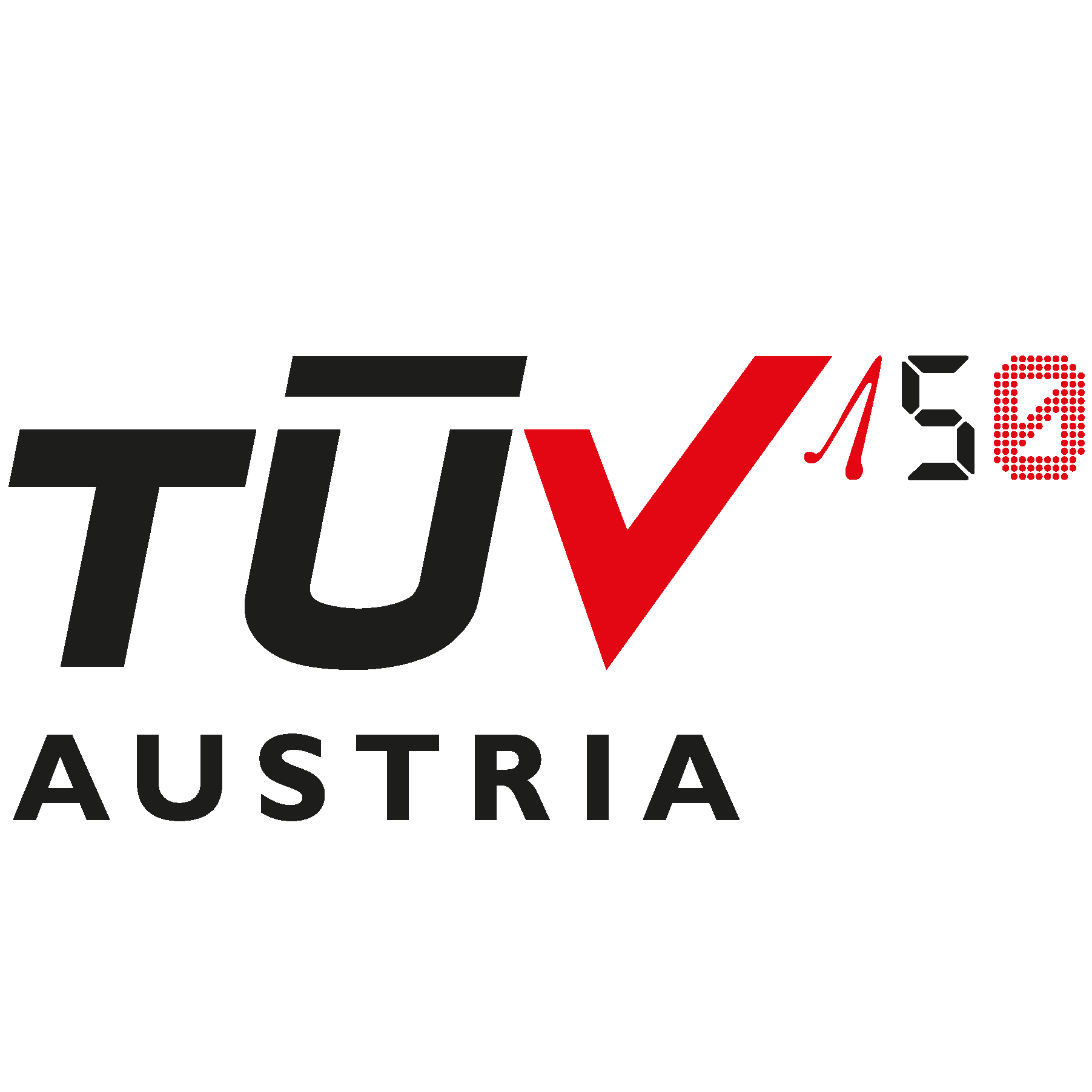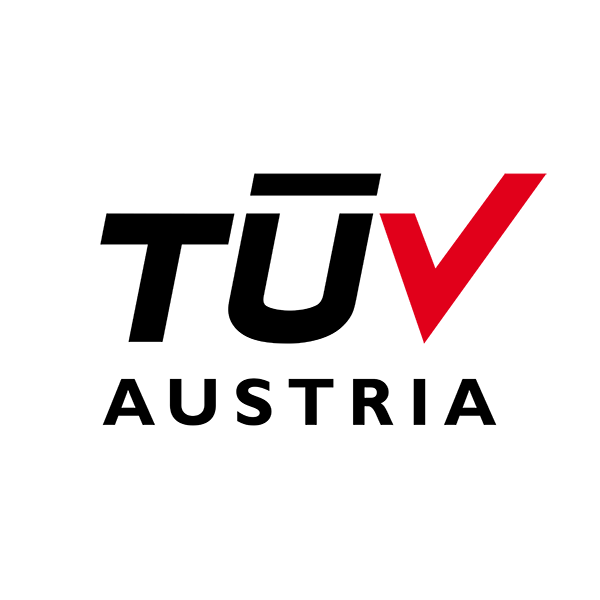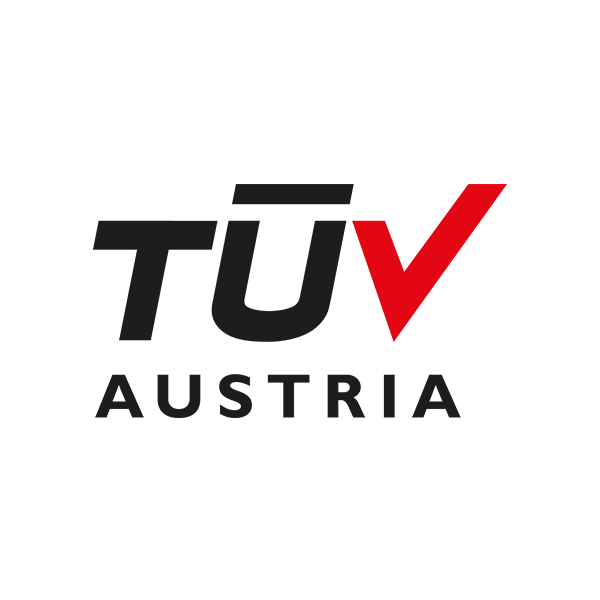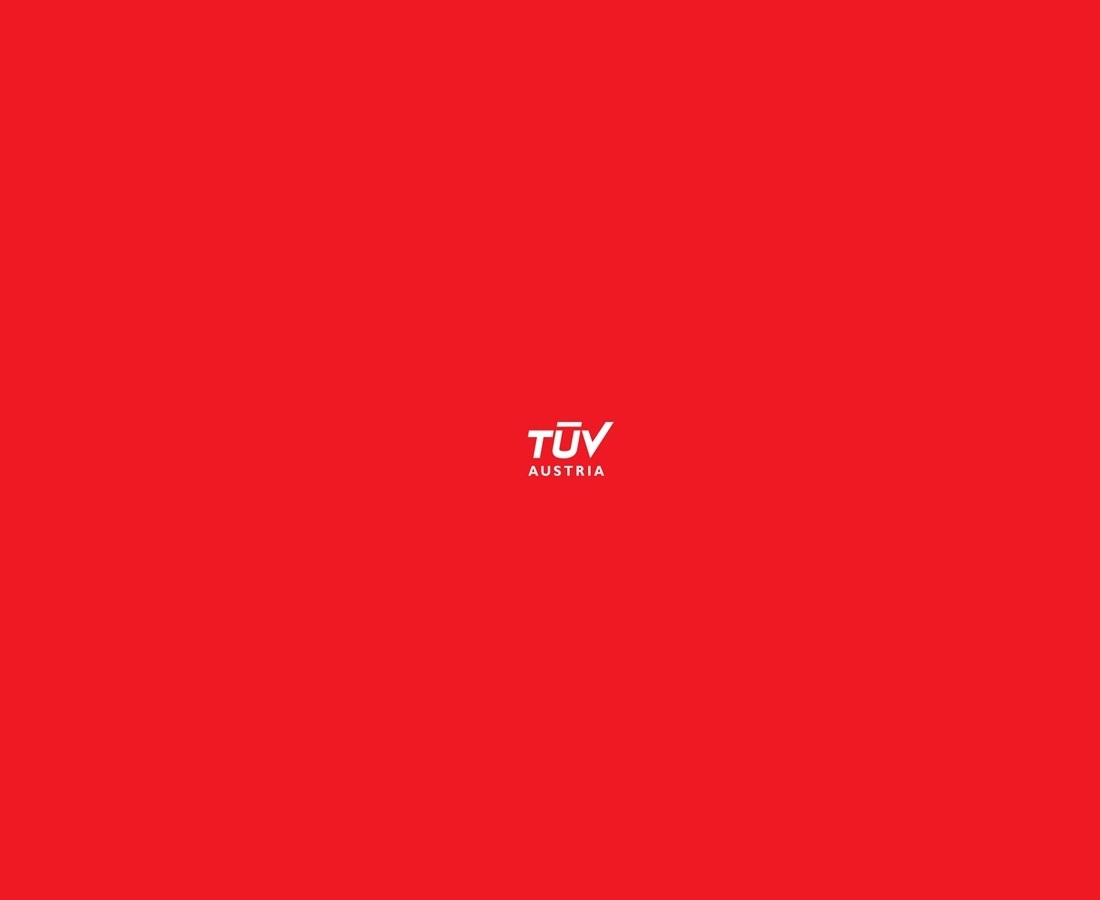Solution: Quality Management in Education | ISO 21001
Solution: Quality Management in Education | ISO 21001
TÜV AUSTRIA ISO 21001 - Quality Management in Education
Certification Procedure ISO 21001
- 1.
Briefing
- 2.
Commissioning
- 3.
Pre-audit (optional)
- 4.
Level 1 certification audit
- 5.
Level 2 certification audit
- 6.
TÜV AUSTRIA certificate
- 7.
Surveillance audits
- 8.
Re-certification audit
Information, Target Group, Requirements
The new ISO 21001:2018 is the international quality standard for all kinds of educational organizations (including formal ones). It concentrates on clear educational processes as well as customer and process orientation, the competence of the learning service hereby takes center stage.
The content of this standard is based on the needs of the learners and other interested parties, the relevant subjects of educational organizations are taken into account – irrespective of the nature of the learning service – with respect to the topics and terminology. The focus is on the learning process. In terms of its structure, ISO 21001 is aligned to the mother of all management system standards, ISO 9001, and is also based on the High Level Structure (HLS). It will replace ISO 29990:2010 (quality management for learning services providers) in future.
This standard is aimed at every kind of educational organization (universities, schools, seminar providers, though also individual trainers).
A documented management system that is integrated and practiced in the organization that includes sustainability, open communication, legal conformity and leadership responsibility and that is tailored specifically to the needs of learning services providers is required.
Your certificate is valid for three years and may be used for advertising purposes in accordance with the certification regulations.
Take a look at a sample certificate!
You are free to use the certification logo on your business stationery, website (in each case in connection with your organization), for example. Your planned use has to be approved/confirmed by the certification body for legal reasons.
Advantages
- Certification according to ISO 21001:2018 helps you make your processes and customers’ requirements more transparent. This boosts confidence in your organization and gives you a market advantage! The certification serves as proof of a sustainable quality management system and international market viability.
- Act like a responsible and reliable educational organization. Certification according to ISO 21001:2018 puts you a step ahead of the rest.
- The procedure based on defined processes ensures legal security in your organization.
- With a certification according to ISO 21001:2018, you will be expediting the systematic further development of your organization including its process optimization. Stand out from your competitors by thinking ahead!
- Find the right balance – with the experts from TÜV AUSTRIA. Documentation for the sake of documentation? A management can only work properly if it serves the enterprise. Our auditors create the greatest possible benefit for you from audits and certification.
- The unique focus based on the standard lets you support your staff and management thanks to clear information and bases for action.
Certification Procedure
1. Briefing
We will explain the procedure to obtain your certificate in a non-binding and free meeting. Amongst those items that will be clarified in this meeting are:
- Basis requirements for your certification
- Goals and benefits of the certification
- Comparison of the business data and definition of the scope of the certification
- Discussion of your specific needs and wishes
- Determination of the next steps that are needed for the certification
You will then receive an individual offer that is tailored to your organization on the basis of this briefing.
2. Commissioning
If our offer meets with your approval, the certification body is commissioned. Once you have received confirmation of your order, the certification process begins with a joint agreement of the timetable with the responsible auditor(s).
3. Pre-audit (optional)
A pre-audit can be carried out on request. However, this is not an essential requirement for certification.
Either specific areas and/or processes or the overall situation in your organization will be audited on the basis of a jointly defined framework. Any weak spots in the documentation and implementation of the system will be identified here. A pre-audit can provide you with a status report regarding the basic suitability for certification, a detailed expertise on individual processes or the conformity with individual requirements of the respective standard on request. The audit method hereby corresponds to that of the certification audit.
4. Level 1 certification audit
The level 1 audit serves to determine whether you are suitable for certification. Location-specific conditions are assessed and any necessary information with respect to the scope is collected. The level 1 audit primarily deals with the following main points:
- Verification of the documentation for conformity and completeness compared to the requirements of the standard.
- Status of the implementation of the management system within the company: Does the existing management and the level of implementation of the management system in the organization allow a certification in principle, or are any crucial details missing?
Before the level 2 audit is performed, an audit plan for the actual certification audit will be drafted on the basis of knowledge gained of your organization and the management system and jointly agreed upon with you.
5. Level 2 certification audit
During the level 2 audit, the efficacy of the management system in place in your company will be verified. Random checks will hereby be made with respect to all of the requirements in departments and organizational units as well as along the process chain.
This audit is based on:
- The audit plan
- The respective certification standard and/or individual standard requirements specified therein
- Organization-specific documents
- General and industry-specific principles (laws, additional, industry-specific, necessary standards,..)
Following an analysis and assessment of the results, you will be informed of the outcome of the audit and any deficiencies or deviations during the final review. Corrective measures will be specified in the event of deficiencies. Subsequently, a root cause analysis and any specific documented measure will once again be verified by the audit team.
6. TÜV AUSTRIA certificate
The actual certification will be issued by the certification body of TÜV AUSTRIA following a successful audit and reporting on the basis of the audit report. Provided the following certification requirements have been satisfied, there is no reason why the certificate should not be issued promptly:
- Documentation and implementation of the management system
- Certification agreement (confirmation of the certification offer, the certification regulations and the T&Cs)
- Positive outcome of the audit and thus a corresponding recommendation by your audit team to the certification body
A certificate will be issued for a period of 3 years. In order to maintain the validity of the certificate over its entire term, an annual surveillance audit has to be performed with a positive outcome (12 months and 24 months after the certificate has been issued).
7. Surveillance audits
The annual surveillance audit verifies the efficacy and further development of the management system through random sampling. Surveillance audits are shorter than a normal audit and cover the deficiencies discovered in the last audit along with various key points of the requirements in the standard.
8. Re-certification audit
This has to be carried out before the certificate becomes invalid (usually after three years). In a re-certification audit (often also referred to as a repeat audit), all of the requirements are checked at random, the same as for a certification audit. The effort involved for this repeat certification audit is less than that for an initial certification (approx. 2/3 of the time needed for an initial certification audit).
Following a positive decision on the certification, a new certificate valid for a further three years will be issued that also has to be confirmed by an annual surveillance audit.
